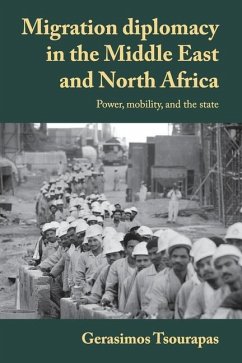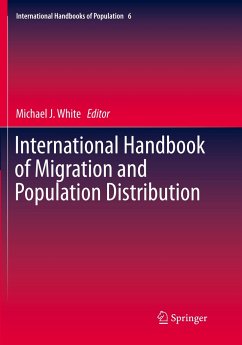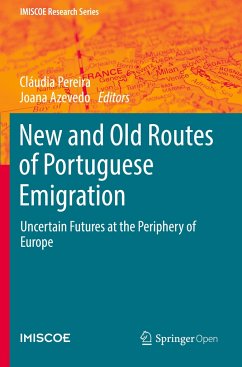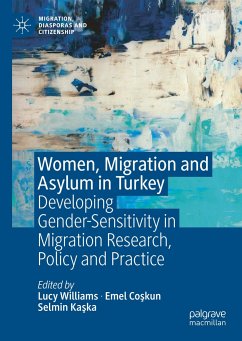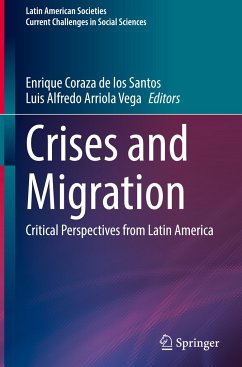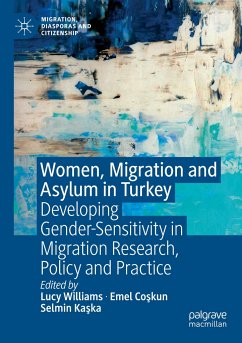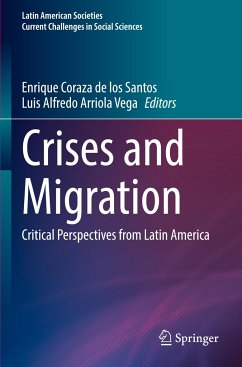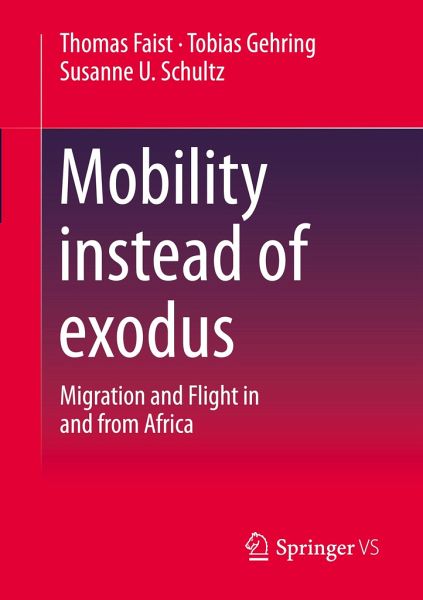
Mobility instead of exodus
Migration and Flight in and from Africa

PAYBACK Punkte
27 °P sammeln!
Africa is commonly regarded as a "continent on the move" in scholarly observation and mass media reportage. Movement is seen primarily in the direction of Europe. Yet the public debate is characterized by two misconceptions. The first is that high population growth in Africa would almost automatically trigger higher international migration to the neighbouring European continent. There is even talk of a "rush to Europe". The second frequently encountered misconception is that migration and flight in and from Africa is primarily a result of poverty, violent conflicts and environmental degradatio...
Africa is commonly regarded as a "continent on the move" in scholarly observation and mass media reportage. Movement is seen primarily in the direction of Europe. Yet the public debate is characterized by two misconceptions. The first is that high population growth in Africa would almost automatically trigger higher international migration to the neighbouring European continent. There is even talk of a "rush to Europe". The second frequently encountered misconception is that migration and flight in and from Africa is primarily a result of poverty, violent conflicts and environmental degradation. Both are misconceptions that cannot be reconciled with the facts at hand.





